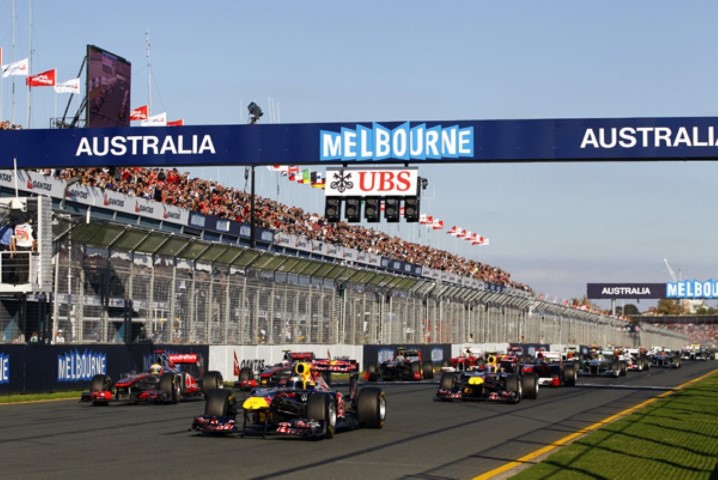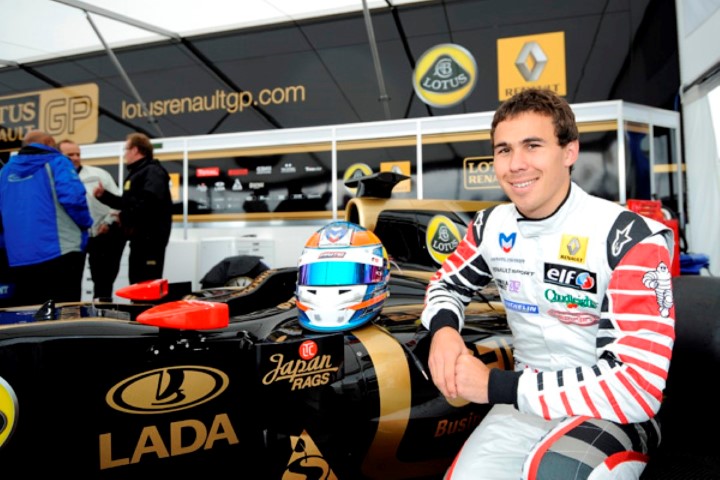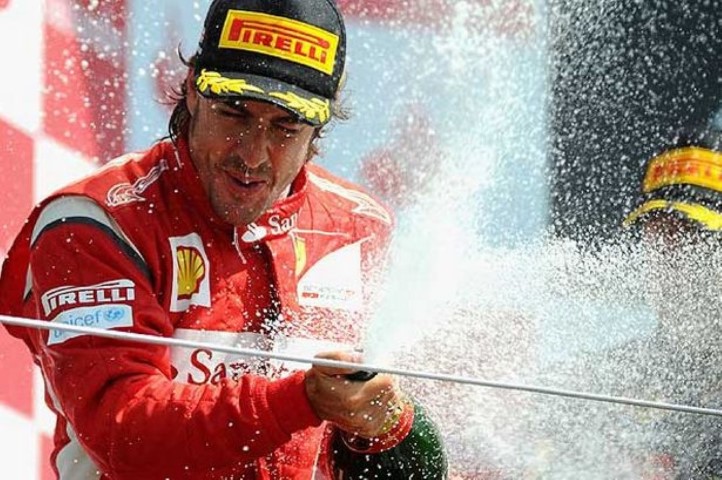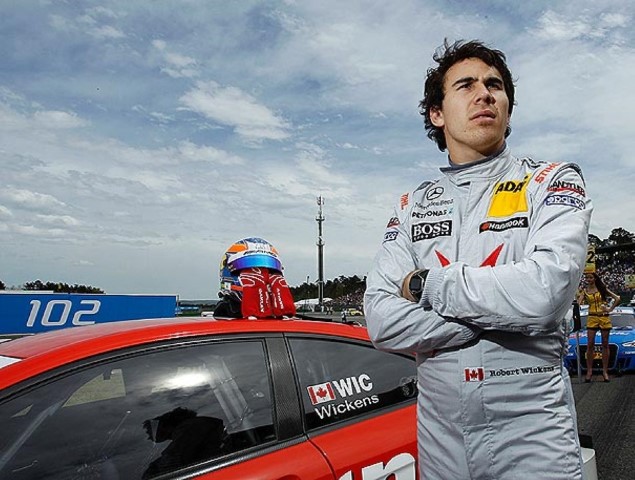The Harsh Reality of Motorsport
- Written by The Driver
- Published in Auto Racing
- font size decrease font size increase font size
- Be the first to comment!
Why reaching the pinnacle of open wheel racing requires more than just raw talent
If you ask any amateur hockey player what the most important attribute is to make it to the NHL, they would say talent. If you ask any amateur football player what the most important attribute is to reach the NFL, its talent. If you ask any amateur race car driver what the most important attribute is to reach Formula 1, it isn’t about talent at all; instead, the attribute focuses on money. Sadly, this is more than just a theory.
It’s an unfortunate but true statement that becoming a professional race car driver requires much more than just skill and talent behind the wheel. If you don’t have the financial backing, then you’re more than likely going to be racing Formula 1 or NASCAR on the video game circuit.

Very rare instances have occurred where a driver has received the required funds from an outside source (not related to him/her) to compete on the professional level. For example, Canadian DTM driver Robert Wickens became a role model for younger drivers who currently compete in the karting circuit. Wickens managed to continually acquire sponsorships through hard work and dedication moving up the ranks of the open wheel world. Ultimately, he landed himself a gig at Mercedes-Benz as a Junior Team driver under the wing of the man himself, Michael Schumacher.

Wickens’ exceptional talent and dedication to his sport helped him push his dream forward, but he’s still trying to clear the final hurdle in making it as a Formula 1 driver.
These young race car drivers like Wickens have had exceptional careers thus far and deserve a chance on the Formula 1 stage, but in most cases they will have to pay their way up the ranks. Formula 1 rookie seats are mostly offered to the drivers who are willing to help contribute to the annual budget by bringing in their own personal sponsors and money. No longer are we seeing Formula 1 teams pulling drivers from the lower ranks and paying them, as these teams need as much funding as they can to survive. Sadly, more and more teams have started to take this approach which ultimately weakens the Formula 1 grid.
Why is it that the teams need funding? This question can have many different conclusions and is a very complicated one to answer. Research and development, driver and team salaries, cost of transportation, cost of hospitality all has an effect on the teams’ budgets. Formula 1 teams rarely publish their budgets and they can be a guarded secret amongst the big teams such as Ferrari and McLaren. Publications have speculated that Ferrari has spent well into the hundreds of millions for an annual budget while Caterham and Marussia have to make good with limited wind tunnel access and hindered engineering work on new components.

In all of my years being involved in motorsports, I’ve observed one thing that stands out from the rest. To move up, you have to kiss quite a lot of ass! If you’re not part of a wealthy family then you have some serious ground to worship. Despite what you want to believe, you won’t make it to Formula 1 just on skill alone. My good friend and ex-race car driver once perfectly said this to me:
“Do you want to race in Formula 1?”
“Ya”
“Do you have a million dollars set aside to get started?”
“….no”
“Well there you go.”
This stuck with me. Why it stuck with me is baffling but it stuck all right. It made an impression, because it opened up my eyes to the truth that in order to move up you gotta move down…to the ground so you can polish whoever’s millionaire shoe and request that he/she pays for your next race or that upcoming test with the top team in Indy Lights or GP2. It’s this kind of shmoozing that is unfortunately necessary, but is also contributing to the decay of the sport. The wealthy families move up the ranks with little to no outside help, while average racing families struggle to find sponsorship year-after-year in order to succeed. The biggest problem facing these young drivers today is the economy, as it’s becoming more difficult to find someone or a group of people willing to hand over the necessary funds.

There’s a common saying that goes around the racetrack. If you want to become a millionaire racing cars, start with a billion!
Soon we will find out whether Robert Wickens can find enough sponsorship and make the right connections to fulfill his life-long dream. Let’s hope he doesn’t become another talent that didn’t shmooze the right people to get into the exclusive Formula 1 club. Either way, we should still be proud of our Guelph born Robert Wickens and all that he has accomplished up to this point.

How do you really reach the pinnacle of motorsport racing? What is the best way for the average driver to climb the ladder? The truth is, is that it’s all part of knowing the right people and going into their inner-circle to convince them to invest in you and your racing career. You have to prove to them that you’re truly something unique and special and worthy of representing them in the racing world. I wish more than anything that I could say that it really was all about talent, that it was all about racing teams sending scouts to pick the young drivers and nurture them into the next Alain Prost, but in the real world it’s only and always about the money.
